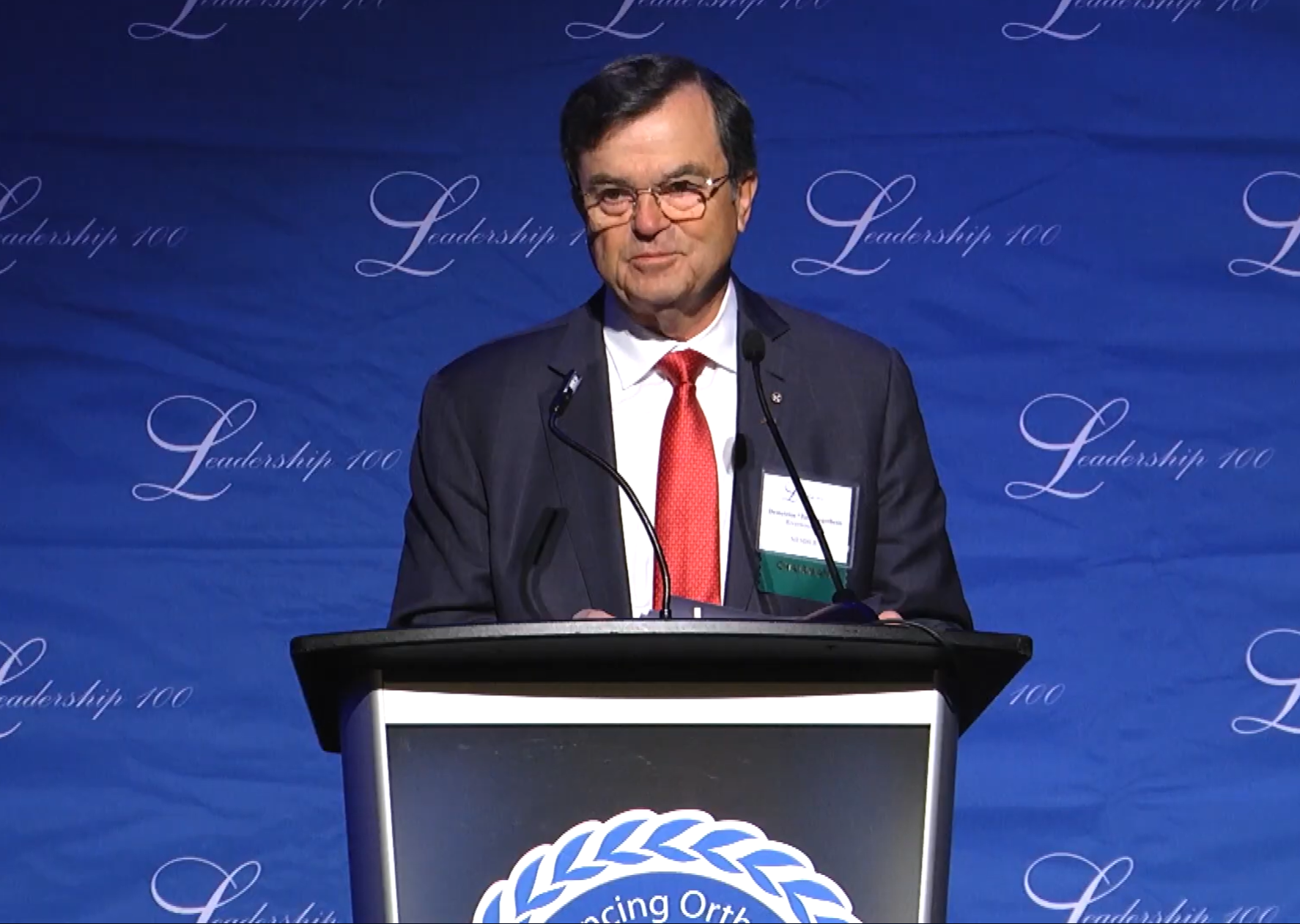Commercial real estate overhead has never faced more scrutiny. While today’s highly agile workforce brings with it a newfound level of productivity, there are various impacts and considerations felt across a business. The C-suite is looking to cut costs by reducing the office footprint, HR is reimagining the way it attracts and retains talent, and finance, accounting and compliance are still navigating ASC 842 and IFRS 16. Despite much of this taking place in a remote setting, landlords continue to pass along expenses to operate their buildings and provide services to tenants, which can result in very unpredictable rent charges.
While passing operating expenses, CAM, real estate taxes, utilities and sundry service charges onto tenants is a common convention, the 2020 operating year was anything but conventional. Instead, the pandemic-induced workplace exodus created dramatic and unforeseen occupancy rate changes that will make the accurate calculation and reconciliation of 2020’s operating expenses incredibly difficult. The upshot is a veritable briar-patch of thorny assumptions and calculations that are likely to cause widespread overcharges of 2020 Operating Expenses by landlords.
To understand where this confusion comes from and why it’s important, companies will need to focus on the nexus of two realities of managing commercial real estate operating costs: methodological inaccuracy and contractual complexity.
When Estimations Fail
Methodological Inaccuracy and Erroneous Gross-up Calculations:
Almost all landlords established their 2020 estimated operating budget in 2019, before anyone was aware of COVID-19’s impact. In building their 2020 budgets, the normal assumptions were that 2020 would be largely identical to 2019, save for inflation and a few anomalies. Tenants were billed monthly contributions toward these expenses based on these pre-pandemic estimates. To the extent building vacancies would have reduced the overall expense pool, landlords would have made “gross-up” adjustments to ensure the tenants still in occupancy paid their fair share of the remaining costs.
With many buildings being physically unoccupied, landlords must decide whether and/or how these adjustments should be made. Grossing-up variable expenses directly correlated with occupancy is appropriate when less space is leased in a building, thereby requiring less service. However, grossing-up may not be fair when rentable leased space remains stable, but the tenants don’t physically show up to the office. These issues are difficult in a normal year; this year, they will be especially challenging for landlords in deciding how to bill their tenants, and for tenants in evaluating whether their charges are correct.
Understated 2020/2021 Base Years:
In certain metropolitan leasing markets, it is common for leases to be structured with base years (often called modified gross, or full-service gross leases). In this lease model, the rent incorporates the initial cost of operating the building in the first or “base” year of the lease. In subsequent years, the tenant need only pay for the expense increases that occur.
Accordingly, it is of utmost importance that the overall expense pool included in the base year reasonably represents the total cost of operating a fully occupied building. Given the unconventional circumstances surrounding occupancy and utilization during 2020 and 2021, tenants with 2020 or 2021 base years need to be particularly aware that a year with such an aberrational cost pattern will likely suffer from understated expense assumptions. This could cause a tenant’s escalation liability to be exponentially greater than anticipated for the entire lease term. Such base year expenses and assumptions should be closely scrutinized by an experienced lease audit firm with legal, forensic accounting and building operations experts. Their input can help ensure the expense level is a fair representation of the costs necessary to operate the building for the remainder of the lease term.
Prepare for the Unexpected
Contractual Complexity: To aggravate matters, every lease in a commercial office building is individually negotiated and has unique provisions designed to specifically control for many operating expense pass-through situations. Somewhat counterintuitively, these can be quite dense and, in many cases, open to interpretation. Most landlords’ operating expense billings are not reviewed by their auditors, and it is rare for a landlord to tailor these bills to the individual leases. That’s why it’s important for tenants to keep track of the expense pass-through clauses in their leases, and to have a tight process for reviewing and auditing these bills as they come in.
Here are a few areas where lease provisions may be at odds with landlords’ responses to COVID-19, causing an increase in additional rent overcharge potential:
- Capital Expenditures (“CapEx”) – While most leases try to clarify what type of capital improvements a tenant will, and will not, pay for, landlords do not have the resources, or the incentive, to pass through CapEx in accordance with each tenant’s unique, exclusionary language. For example, while some leases commit the tenant to share in cost-saving or safety-related capital improvements, who determines the definition of a cost-saving or safety-related expenditure? Opportunistic classification of CapEx and passthrough treatment is only exacerbated when it is unplanned – such as when making building investments in response to a global pandemic.
- Ungoverned Payroll Cost Increases and Unfurnished Services – Building management response to the pandemic often includes higher labor costs for cleaning, security and overtime/hazard pay. However, the lack of normal occupancy may serve to reduce some of the labor needed for day-to-day building maintenance. Whether vacancy credits or other offsets should be applied is very hard for any tenant to determine.
Luckily, most tenants can investigate and address concerns with their prior year’s additional rent liability if they heed the specific procedural requirements in their leases. If there’s one thing a tenant should know about the operating expense clause, it’s when and how to preserve the right to question, investigate and resolve OpEx issues. This primarily involves assessing critical deadlines on dispute notice requirements, the expiration of which is timed from the date the Operating Expense reconciliation statement is received.
The Value of Partnerships
The pandemic had a much more severe and visceral impact on commercial real estate than just making operating expenses hard to calculate. That said, the complexity following drastic occupancy and operational changes leaves tenants exposed to greater overcharge risk, thereby creating a major incentive to enhance additional rent cost controls.
A proper cost control function involves reverse engineering lease deals by applying the same level of legal, building ops, accounting and facilities management expertise used to negotiate them. This way, tenants can ensure they are capturing the broadest range of additional rent expense while positioning themselves strategically within the context of their relationships and remaining in compliance with procedural requirements. To maximize the ROI from this focus, major tenants should consider implementing dedicated technology and bringing on lease accounting professionals as their expertise is often an integral part of getting the job done.
A good partnership results in not overpaying for lease obligations and more importantly, controlling the expectations of the deal in cases where contract language is unclear or disadvantageously worded.
=========
Marc Betesh is the President and Founder of Visual Lease and KBA Lease Services. Prior to his current roles, Marc practiced law in New York City where he negotiated commercial leases. As an attorney and leading expert on commercial lease negotiation, lease interpretation and expense reimbursement clauses, Marc founded KBA Lease Services (1985) and Visual Lease (1996) with a vision to use technology to improve the management and performance of leases. Marc received his BA from Temple University and his JD from Georgetown University. He is a member of the New York and New Jersey bars.
Jason Aster is the Managing Director at KBA Lease Services. He has a legal background with experience in corporate communication and his role includes developing and implementing strategies for KBA’s lease audit services. In his current role he is responsible for business development and client relations, with a primary focus on the New York market.
Prior to joining KBA, Mr. Aster practiced general corporate law and litigation in New York, representing major international banks and private lenders with a focus on real estate and structured finance. Mr. Aster attended both the University of Virginia School of Law and University of Virginia School of Arts and Sciences, where he obtained a degree in History, Sociology and a Juris Doctor.
Thanks for reading CPA Practice Advisor!
Subscribe Already registered? Log In
Need more information? Read the FAQs




